Home>Technology>Security & Surveillance>What Type Of Door Lock Do I Have
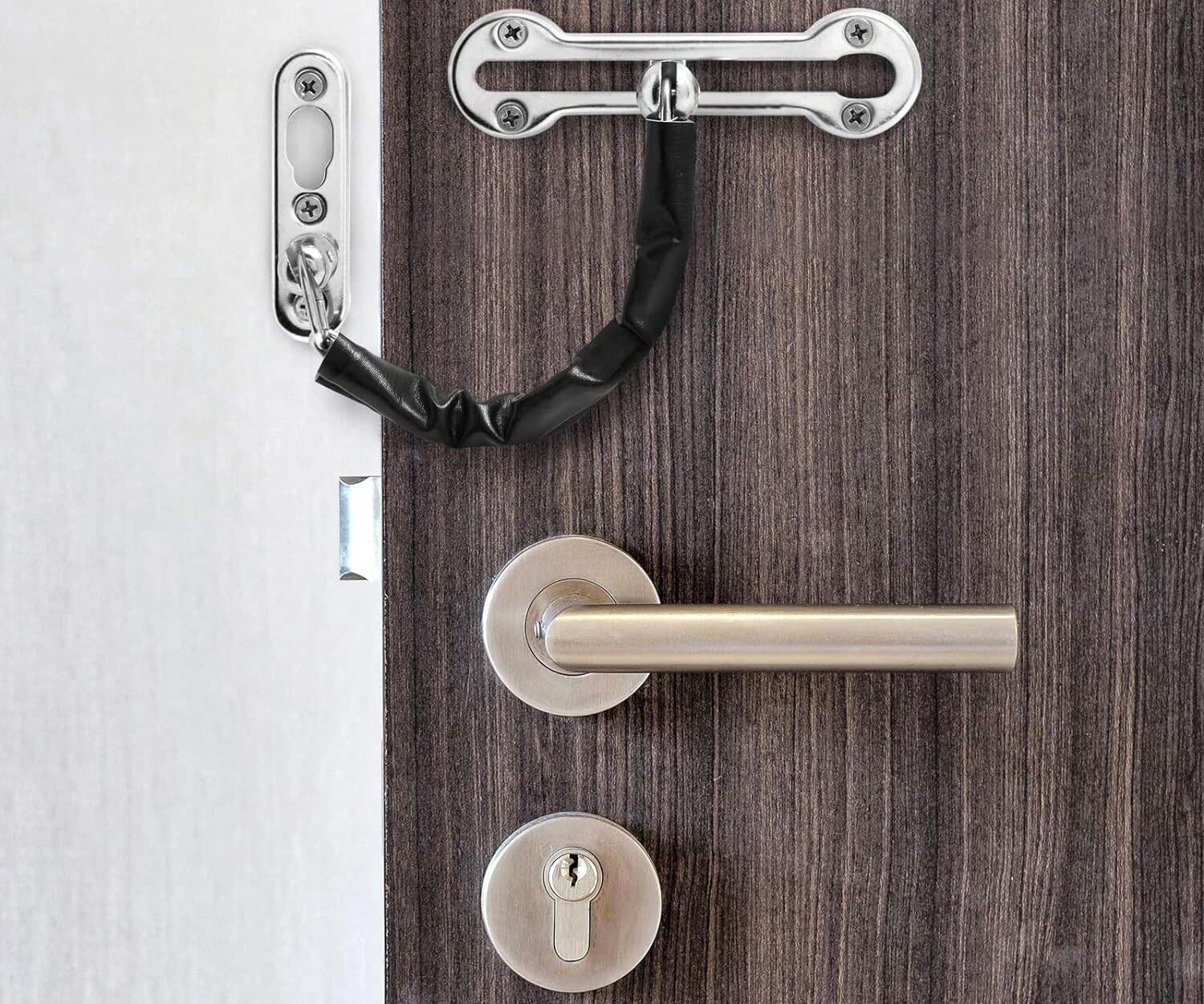

Security & Surveillance
What Type Of Door Lock Do I Have
Modified: August 27, 2024
Discover the right door lock for your security needs with our comprehensive guide. Enhance your surveillance with the best lock for your home or business. Unlock peace of mind today!
(Many of the links in this article redirect to a specific reviewed product. Your purchase of these products through affiliate links helps to generate commission for Storables.com, at no extra cost. Learn more)
Introduction
When it comes to safeguarding your home or business, one of the most crucial components of security is the type of door lock you have in place. Understanding the different types of door locks and their unique features can help you make informed decisions about the security of your property. From traditional deadbolts to advanced keyless entry systems, each type of lock offers distinct advantages and considerations. In this comprehensive guide, we will explore the various types of door locks, shedding light on their functionalities, strengths, and ideal use cases. Whether you are a homeowner looking to upgrade your security or a business owner seeking to fortify your premises, this article will provide valuable insights to help you identify the type of door lock you have and make informed choices for your security needs. So, let's delve into the world of door locks and unlock the knowledge you need to keep your property secure.
Key Takeaways:
- Choose the right door lock for your home or business by understanding the unique features and benefits of each type, from traditional deadbolts to advanced keyless entry systems.
- Deadbolts offer robust security, while knob locks and lever handle locks provide practical solutions for interior doors. Mortise locks and Euro profile cylinders offer high-security options, and keyless entry systems revolutionize property access with advanced features and convenience.
Read more: What Type Of Roof Do I Have
Deadbolts
Deadbolts are one of the most common and effective types of door locks used in residential and commercial properties. They offer a high level of security and are known for their durability and resistance to forced entry. Deadbolts are typically operated by a key from the outside and a thumb turn from the inside, providing a simple yet reliable means of securing a door.
There are different variations of deadbolts, including single-cylinder deadbolts and double-cylinder deadbolts. Single-cylinder deadbolts have a key cylinder on one side and a thumb turn on the other, while double-cylinder deadbolts require a key for operation on both sides. Double-cylinder deadbolts provide an added layer of security but may pose safety concerns in emergency situations where a quick exit is necessary.
One of the key advantages of deadbolts is their resistance to forced entry techniques such as lock picking, bumping, and drilling. Their solid metal construction and bolt mechanism make them highly reliable for securing entry doors. It’s important to ensure that the deadbolt is properly installed and has a long enough bolt to securely fasten into the door frame, enhancing its resistance to physical attacks.
When choosing a deadbolt for your property, consider factors such as material quality, bolt size, and additional security features like reinforced strike plates and anti-saw pins. Deadbolts are an essential component of a comprehensive security strategy, providing a robust barrier against unauthorized access.
Whether you’re looking to upgrade your existing deadbolt or install a new one, consulting with a professional locksmith can help you assess your security needs and select the most suitable deadbolt for your property.
Knob Locks
Knob locks are commonly found in residential properties and are often used in conjunction with deadbolts to provide a layered approach to security. Unlike deadbolts, which are primarily designed for securing entry doors, knob locks are frequently used on interior doors and secondary entry points. While knob locks offer a basic level of security, they are not recommended as the sole means of securing an entry door due to their susceptibility to forced entry techniques.
One of the defining characteristics of knob locks is their integrated knob, which serves as both the locking mechanism and the means of operating the lock. This design makes them convenient for interior doors but less effective for external security. Additionally, the location of the lock cylinder within the knob makes it vulnerable to manipulation and forced entry, making knob locks less secure than deadbolts.
It’s important to note that knob locks should be used in conjunction with deadbolts or other high-security locks on exterior doors to ensure comprehensive protection. When selecting knob locks for interior use, consider factors such as durability, finish, and compatibility with your existing door hardware. For added security, opt for knob locks with internal locking mechanisms that require a key for operation, providing an extra layer of protection for specific areas of your property.
While knob locks serve a practical purpose for interior doors, it’s essential to prioritize high-security locks such as deadbolts for exterior entry points. By implementing a combination of knob locks and deadbolts, you can establish a multi-layered security system that effectively safeguards your property against unauthorized access.
Lever Handle Locks
Lever handle locks are a popular choice for both residential and commercial properties, offering a balance of security and accessibility. Unlike traditional knob locks, lever handle locks feature a lever-style handle that is easier to operate, making them ideal for individuals with mobility issues or physical limitations. The ergonomic design of lever handle locks also contributes to their widespread use in commercial settings, where ease of access and compliance with accessibility standards are essential considerations.
One key advantage of lever handle locks is their user-friendly operation, which allows for effortless opening and closing of doors. This feature makes lever handle locks a practical choice for interior doors within homes and businesses, promoting ease of use without compromising security. However, it’s important to note that lever handle locks should be complemented by high-security locks such as deadbolts on exterior entry points to ensure comprehensive protection against unauthorized entry.
When selecting lever handle locks, consider factors such as durability, finish options, and security features. Look for lever handle locks with robust internal mechanisms and reinforced construction to enhance their resistance to forced entry attempts. Additionally, explore options with key-operated locking mechanisms to augment security for specific areas of your property.
For commercial applications, lever handle locks are available in a variety of configurations to accommodate specific security requirements, including keyless entry systems, master key systems, and access control integration. These advanced features make lever handle locks a versatile choice for businesses seeking to enhance security while facilitating seamless access for employees and authorized personnel.
Whether used in residential or commercial settings, lever handle locks offer a blend of functionality and security, making them a valuable component of a comprehensive door security strategy. By leveraging the accessibility and security benefits of lever handle locks, property owners can create a safe and user-friendly environment for occupants while mitigating the risk of unauthorized access.
Look for a keyhole on the outside and a knob or thumbturn on the inside. If it has a keyhole on both sides, it’s a double cylinder lock. If it has a keyhole on the outside and a knob on the inside, it’s a single cylinder lock.
Mortise Locks
Mortise locks are a robust and versatile type of door lock commonly found in both residential and commercial settings. Known for their exceptional strength and durability, mortise locks are installed within the body of the door, offering a higher level of security compared to standard cylindrical locks. The intricate design of mortise locks incorporates a heavy-duty lock body and a complex internal mechanism, making them highly resistant to forced entry attempts.
One of the distinguishing features of mortise locks is their ability to accommodate a wide range of functions, including key-operated locking, thumb turn operation, and compatibility with auxiliary deadbolts and security features. This adaptability makes mortise locks suitable for various door types and security requirements, providing a comprehensive solution for securing entry points.
When considering mortise locks for your property, it’s essential to evaluate factors such as the quality of the lock body, the complexity of the internal mechanism, and the compatibility with additional security components. Mortise locks are available in a variety of finishes and styles, allowing property owners to select options that complement their aesthetic preferences while delivering robust security.
In commercial environments, mortise locks are often integrated into access control systems, providing enhanced security and administrative capabilities such as key card access, audit trails, and remote locking and unlocking. This advanced functionality makes mortise locks a preferred choice for businesses seeking to implement comprehensive security measures while maintaining operational efficiency.
For residential applications, mortise locks offer homeowners a high level of security and peace of mind, particularly when installed on entry doors and other critical access points. The combination of a mortise lock and a solid door frame provides a formidable barrier against unauthorized entry, deterring potential intruders and enhancing the overall security of the property.
With their robust construction and adaptable functionality, mortise locks are an excellent choice for property owners who prioritize security without compromising on aesthetics or convenience. By investing in mortise locks, individuals can fortify their properties with a reliable and versatile door security solution that offers long-term protection and peace of mind.
Read more: What Type Of HVAC System Do I Have
Euro Profile Cylinders
Euro profile cylinders, also known as Euro cylinders, are a prevalent type of lock cylinder widely used in residential and commercial door security systems. Their popularity stems from their compatibility with a broad range of multipoint locking systems, making them a versatile choice for securing entry doors, particularly in European countries and regions where multipoint locking mechanisms are prevalent.
One of the key advantages of Euro profile cylinders is their adaptability to various door configurations, including uPVC doors, composite doors, and some aluminum doors. The standardized dimensions of Euro profile cylinders enable seamless integration with multipoint locking systems, providing a high level of security and convenience for property owners.
When selecting Euro profile cylinders, it’s essential to consider factors such as cylinder length, security features, and key control options. Opt for Euro cylinders with anti-snap, anti-drill, and anti-pick features to enhance resistance against common forced entry techniques. Additionally, explore options with patented key control systems to prevent unauthorized key duplication, further bolstering the security of the locking system.
For commercial applications, Euro profile cylinders can be integrated into access control and master key systems, offering businesses the flexibility to manage access permissions and enhance overall security. The compatibility of Euro profile cylinders with advanced security technologies makes them a preferred choice for businesses seeking to implement comprehensive access control solutions.
From a residential perspective, Euro profile cylinders provide homeowners with a reliable and standardized locking solution that offers robust protection against unauthorized entry. When combined with multipoint locking systems, Euro cylinders contribute to the overall security and integrity of entry doors, safeguarding the property and its occupants.
As Euro profile cylinders continue to gain popularity in the realm of door security, property owners can benefit from their compatibility, security features, and ease of integration with various door types. By leveraging the adaptability and resilience of Euro profile cylinders, individuals can fortify their properties with a trusted and versatile locking solution that meets the demands of modern security requirements.
Keyless Entry Systems
Keyless entry systems have revolutionized the way properties are secured, offering advanced security features and enhanced convenience for homeowners and businesses. These innovative systems eliminate the need for traditional keys, providing access through methods such as keypad entry, electronic fobs, biometric recognition, or smartphone-controlled locking mechanisms.
One of the primary advantages of keyless entry systems is the elimination of physical keys, reducing the risk of unauthorized key duplication and enhancing overall security. Property owners can grant access to authorized individuals through personalized codes, biometric data, or electronic credentials, allowing for precise control over entry permissions and activity monitoring.
Keypad entry systems, which require users to input a predetermined code for access, offer a versatile and customizable means of securing entry points. Electronic fobs and key cards provide convenient and secure access for authorized individuals, particularly in commercial settings where frequent access permissions may be required. Biometric keyless entry systems, utilizing fingerprint or retina recognition, offer a high level of security and authentication, making them an ideal choice for properties with stringent access control requirements.
Smartphone-controlled keyless entry systems have gained popularity due to their seamless integration with mobile devices, enabling property owners to manage access remotely, receive real-time activity notifications, and grant temporary access to visitors or service providers. This advanced functionality enhances security while providing unparalleled convenience and flexibility for property access management.
For businesses, keyless entry systems can be integrated into comprehensive access control and security systems, offering features such as audit trails, time-based access restrictions, and centralized access management. These capabilities empower businesses to enforce strict security protocols while streamlining access for employees, contractors, and visitors.
From a residential perspective, keyless entry systems provide homeowners with a modern and secure means of controlling access to their properties. The convenience of keyless entry, coupled with the advanced security features and remote management capabilities, elevates the overall security posture of residential properties while simplifying day-to-day access for occupants.
By embracing keyless entry systems, property owners can enhance security, streamline access management, and embrace the future of door security technology. The seamless integration of advanced security features and user-friendly access control makes keyless entry systems a valuable investment for properties seeking to prioritize security and convenience.
Conclusion
Understanding the various types of door locks is essential for property owners seeking to fortify their security measures and protect their homes or businesses. Each type of door lock offers distinct advantages and considerations, catering to specific security needs and operational requirements. From traditional deadbolts to advanced keyless entry systems, the evolution of door security technology has provided property owners with a diverse array of options to safeguard their premises.
Deadbolts stand as a time-tested and reliable choice for securing entry doors, offering robust resistance to forced entry techniques and providing a foundational layer of security. When paired with knob locks, lever handle locks, or mortise locks, deadbolts contribute to a multi-layered security approach that addresses both accessibility and protection.
Knob locks and lever handle locks offer practical solutions for interior doors, promoting ease of use and complementing overall security strategies. While knob locks are suitable for interior applications, lever handle locks provide enhanced accessibility and functionality, making them a versatile choice for residential and commercial settings.
Mortise locks, with their durable construction and adaptable functionality, serve as a formidable choice for properties seeking high-security solutions for entry doors. Their integration with access control systems and advanced security features makes them a preferred option for businesses and homeowners alike.
Euro profile cylinders have gained prominence for their compatibility with multipoint locking systems, offering a standardized and resilient locking solution for various door types. Their adaptability and security features make them an ideal choice for properties seeking a versatile and reliable locking mechanism.
Keyless entry systems represent the forefront of door security technology, providing advanced access control features, remote management capabilities, and heightened convenience for property owners. From keypad entry to biometric recognition and smartphone-controlled access, keyless entry systems offer a modern and secure approach to property access management.
By evaluating the unique attributes of each type of door lock and considering factors such as security features, compatibility, and operational requirements, property owners can make informed decisions to enhance the security of their premises. Whether it’s selecting the right deadbolt for an entry door, integrating mortise locks into a comprehensive security strategy, or embracing the convenience of keyless entry systems, the diverse range of door lock options empowers property owners to prioritize security without compromising on accessibility and convenience.
Ultimately, the selection of the most suitable door lock type depends on the specific security needs, operational preferences, and the desired level of protection for the property. By leveraging the insights and options presented in this guide, property owners can navigate the realm of door security with confidence, fortifying their premises with effective and reliable security solutions.
Frequently Asked Questions about What Type Of Door Lock Do I Have
Was this page helpful?
At Storables.com, we guarantee accurate and reliable information. Our content, validated by Expert Board Contributors, is crafted following stringent Editorial Policies. We're committed to providing you with well-researched, expert-backed insights for all your informational needs.

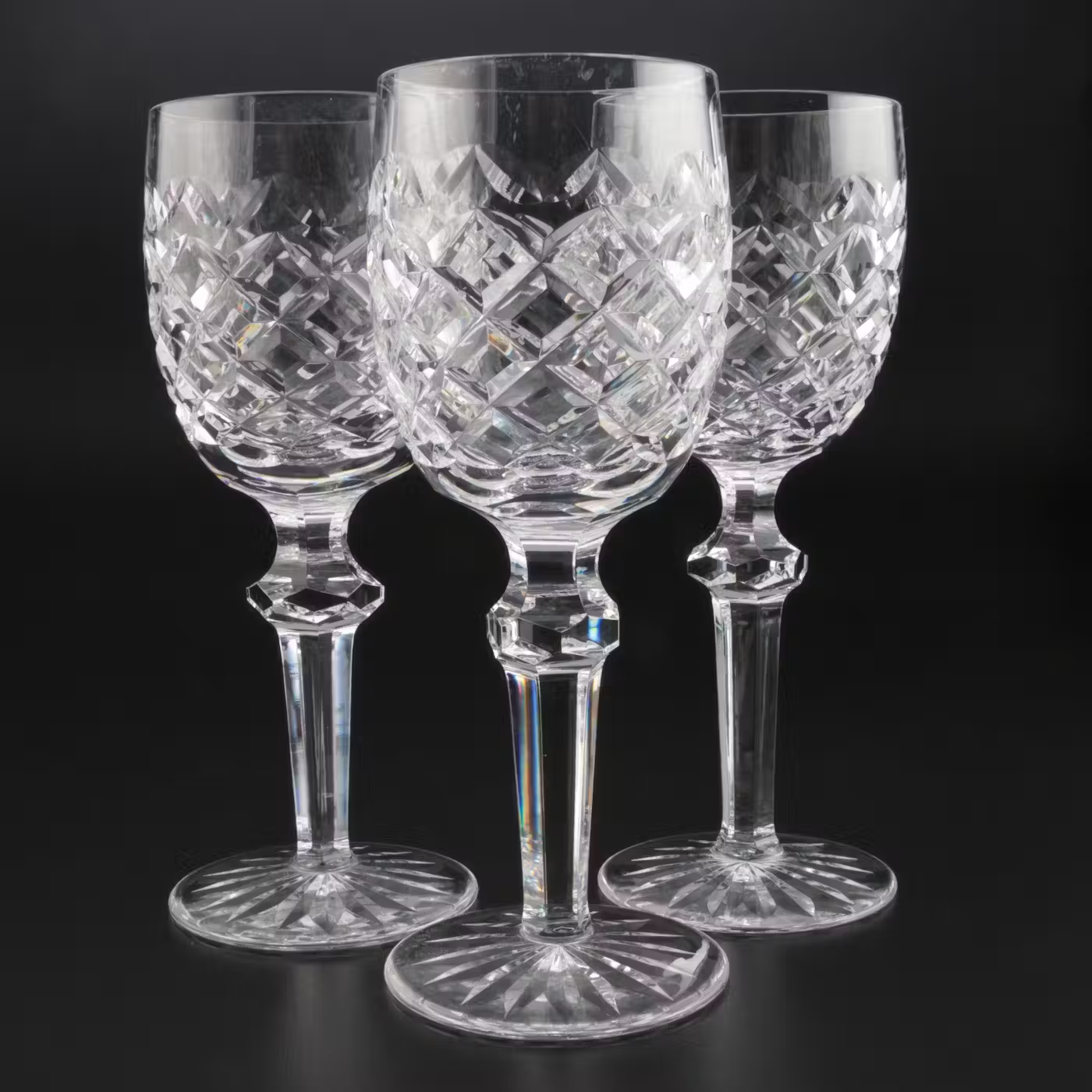


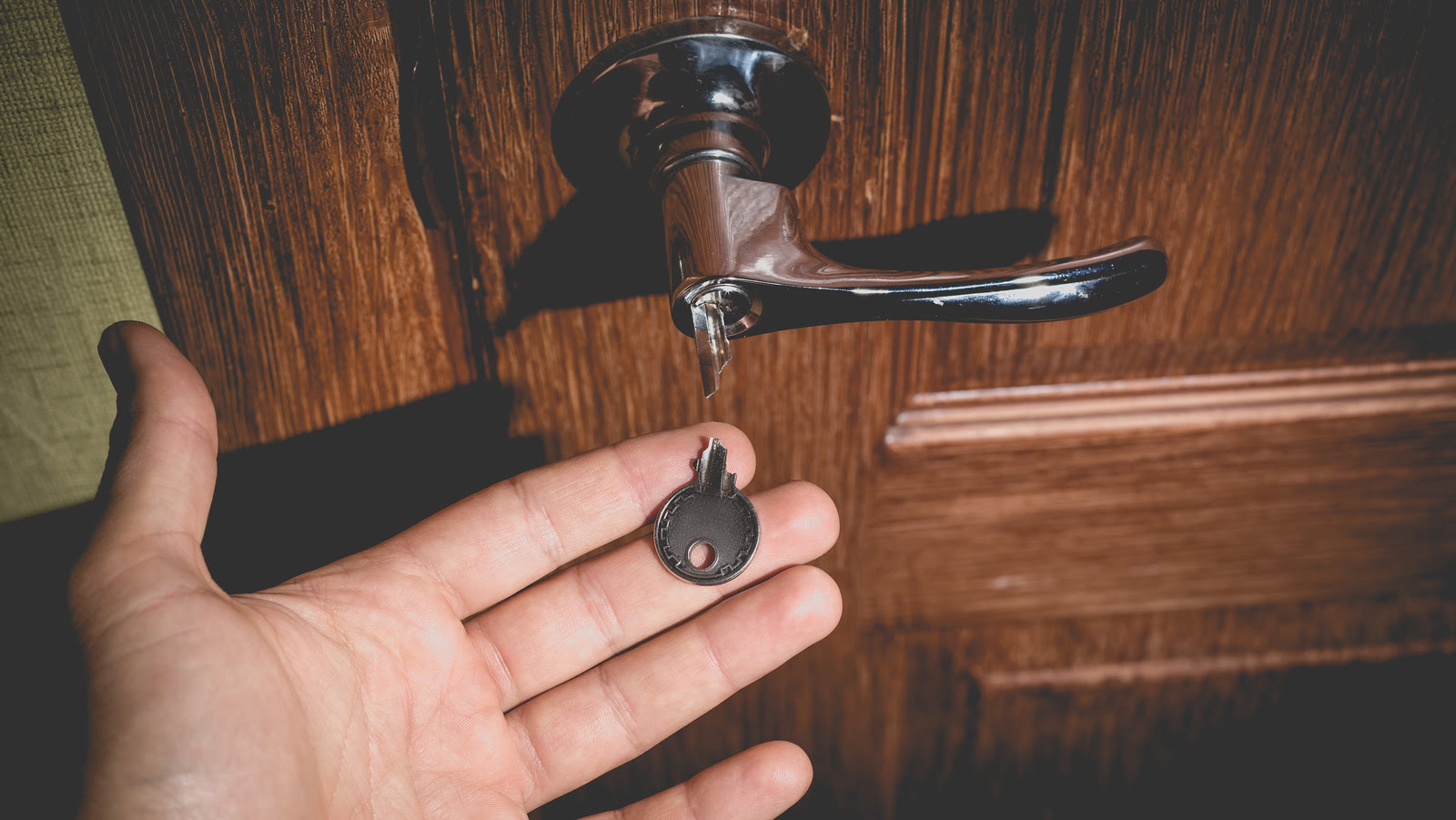
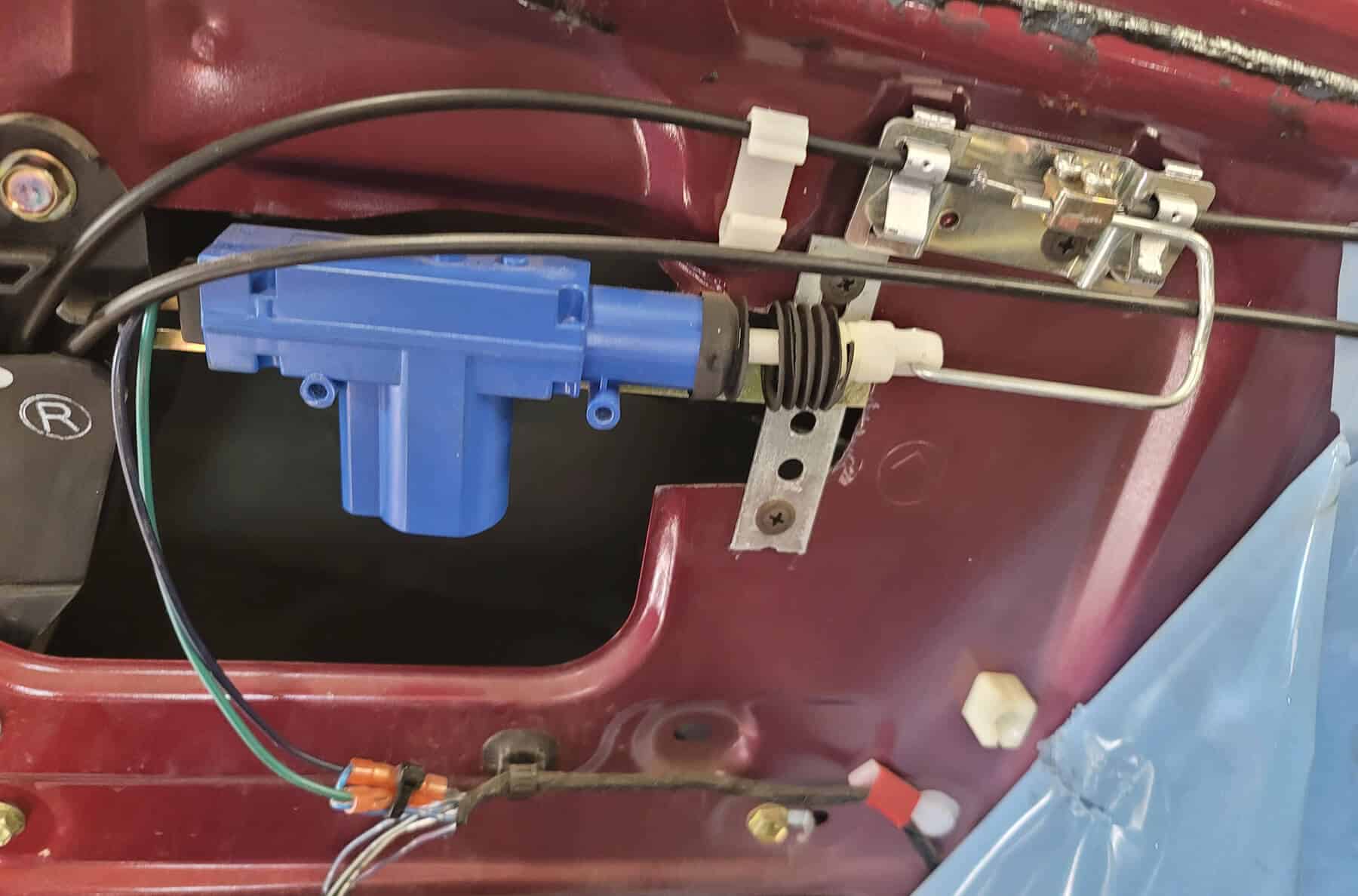
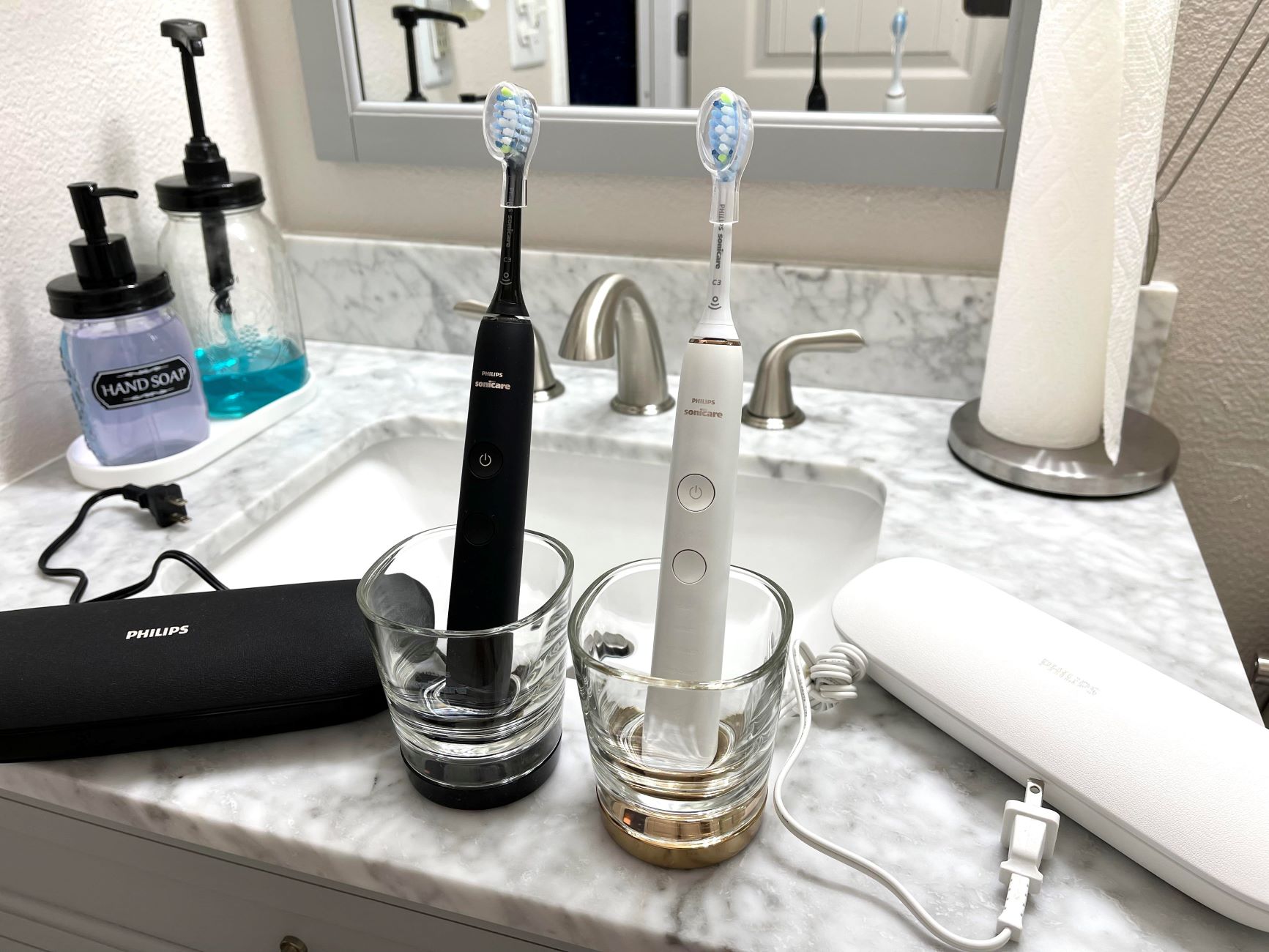
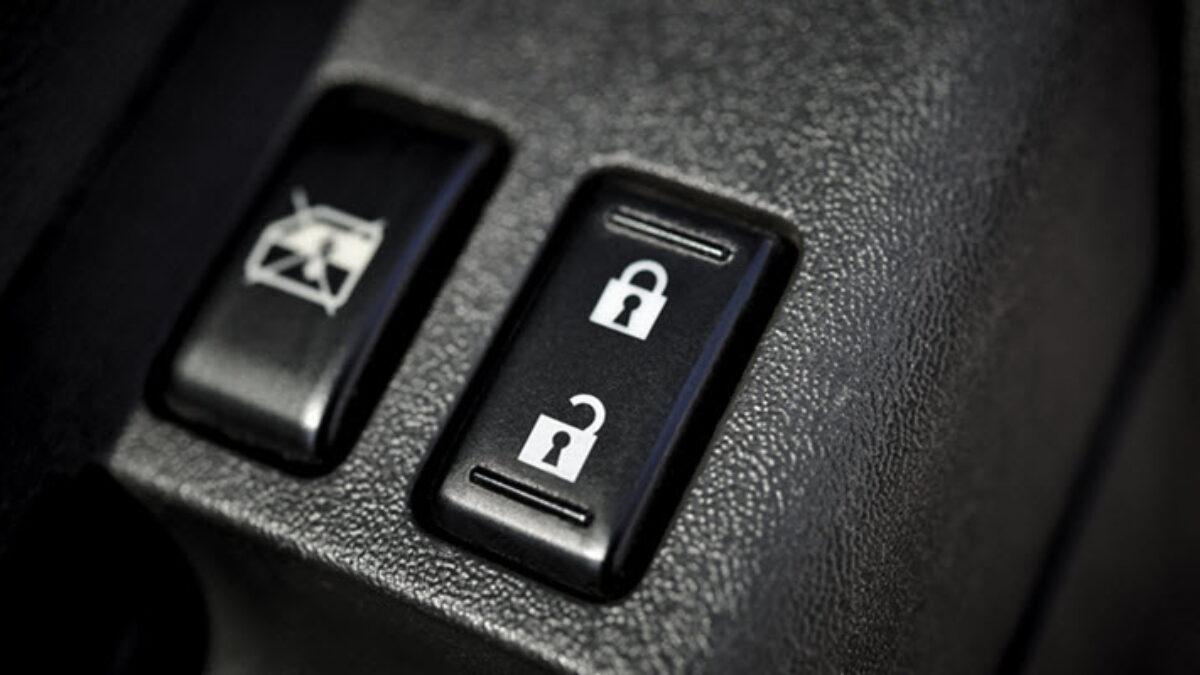
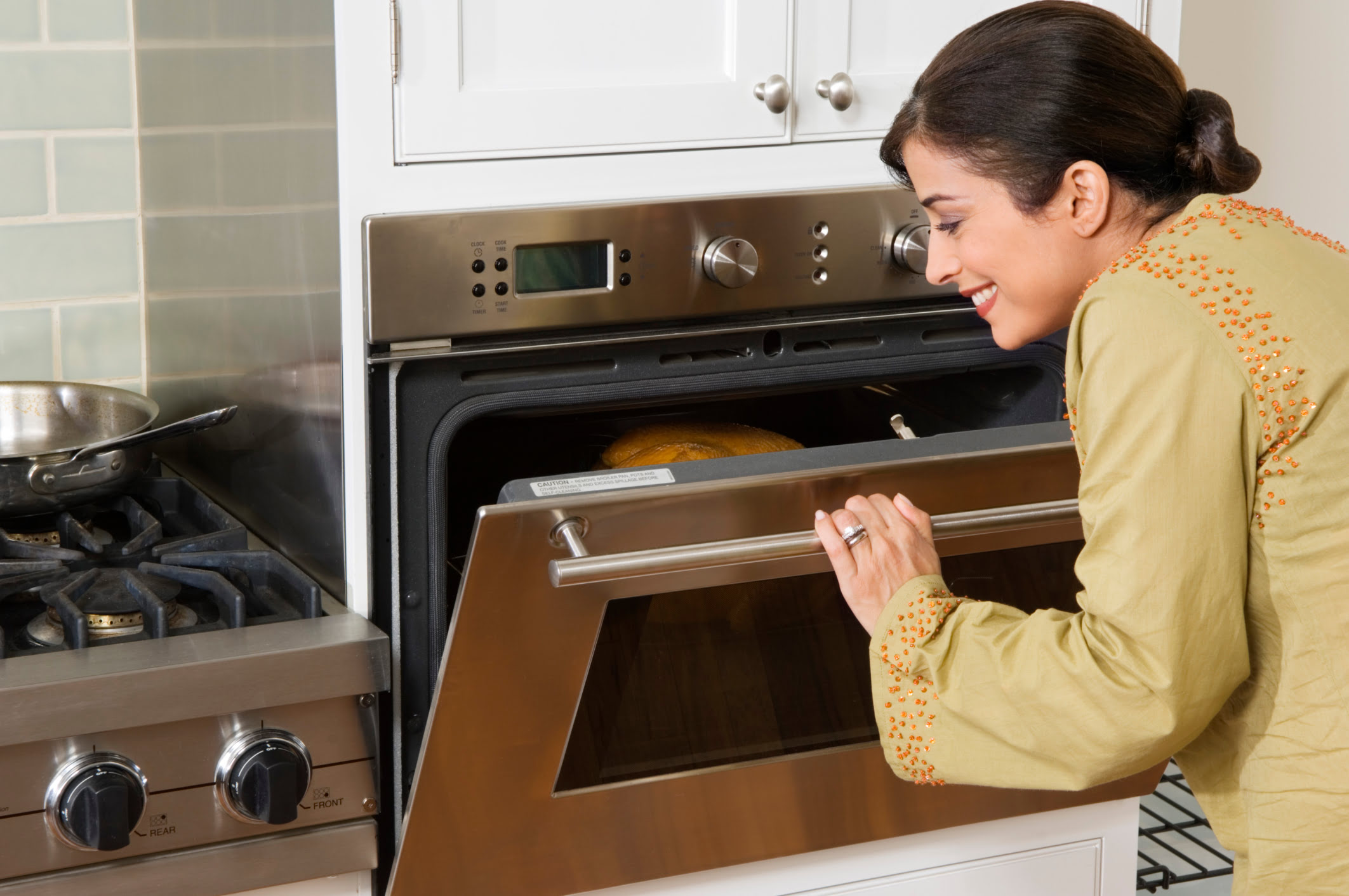
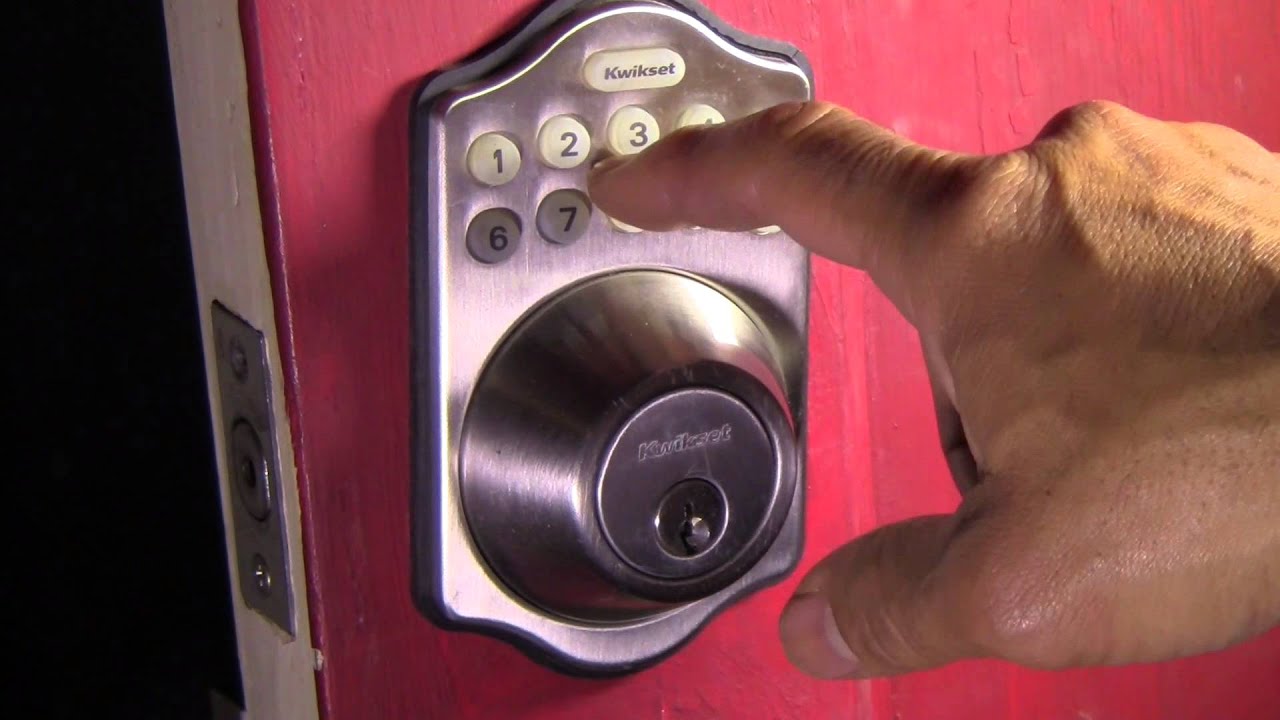
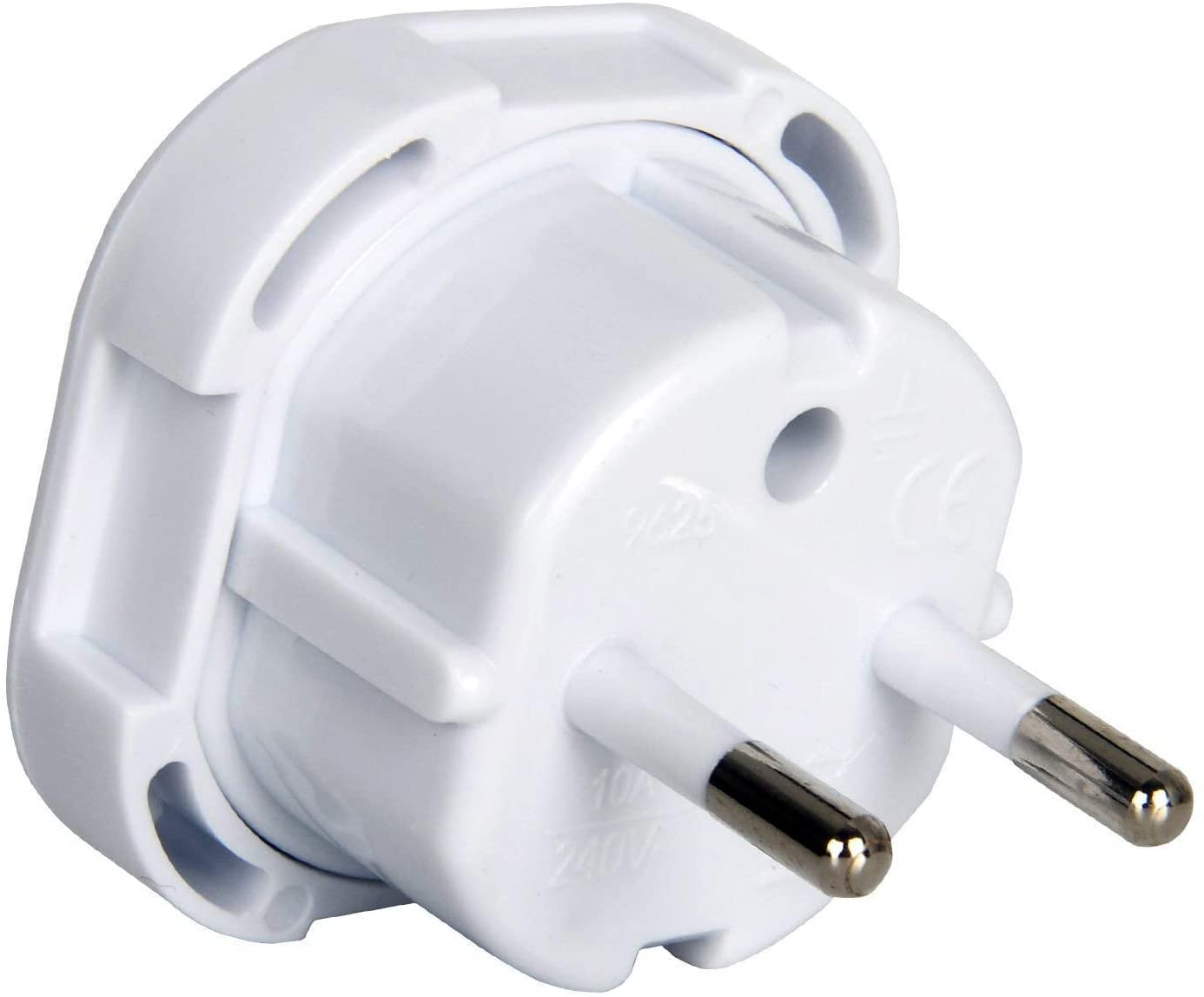
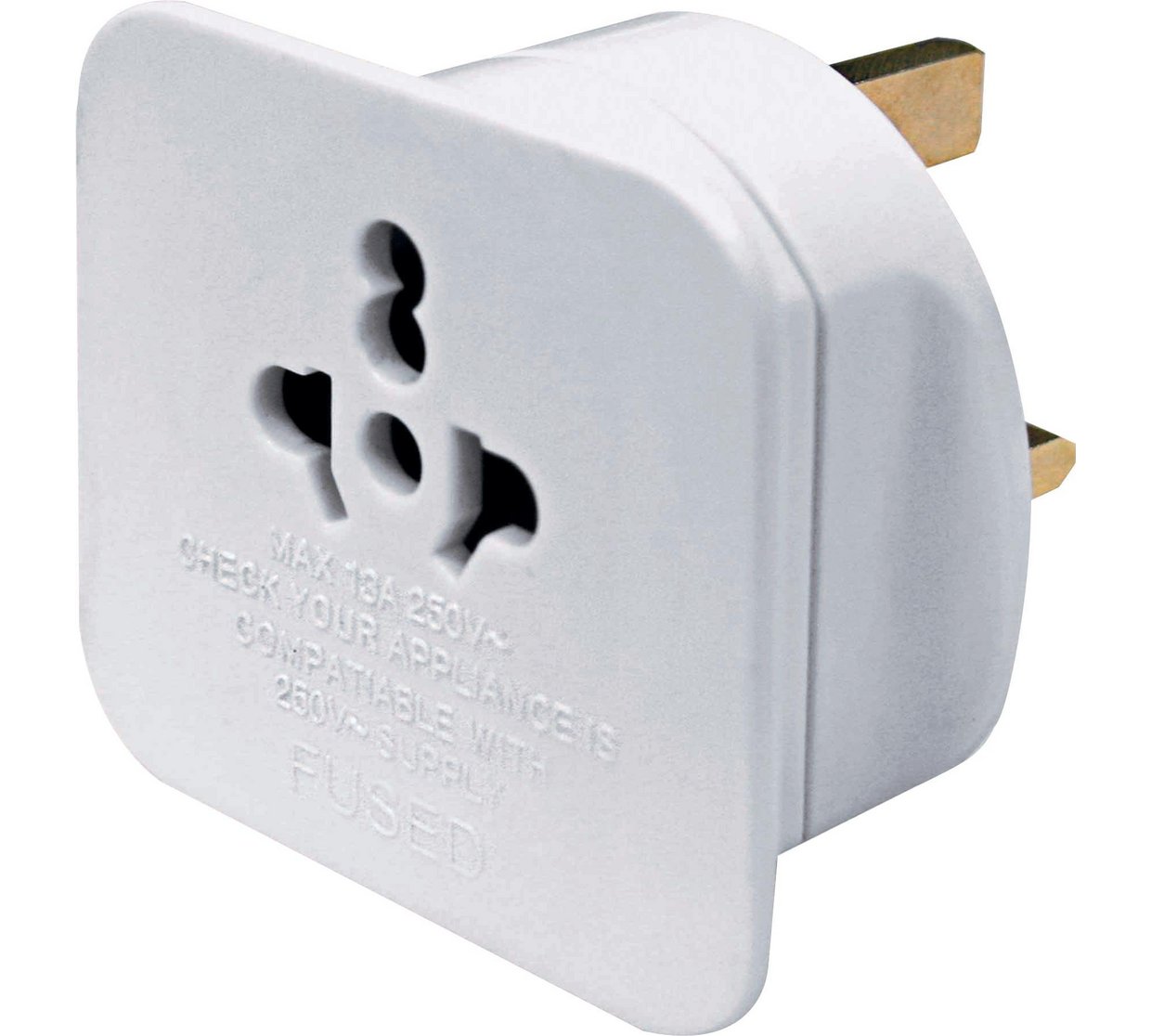
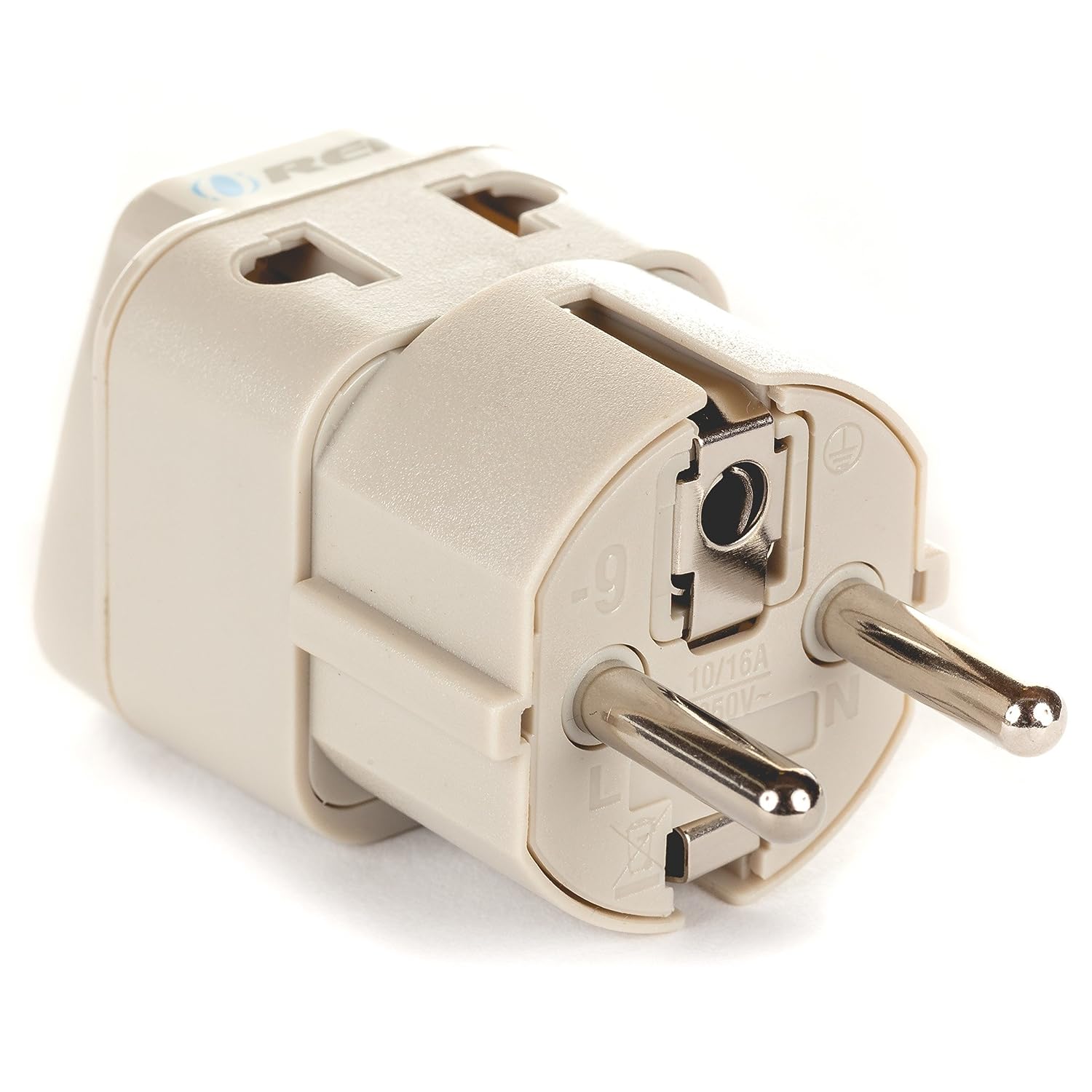
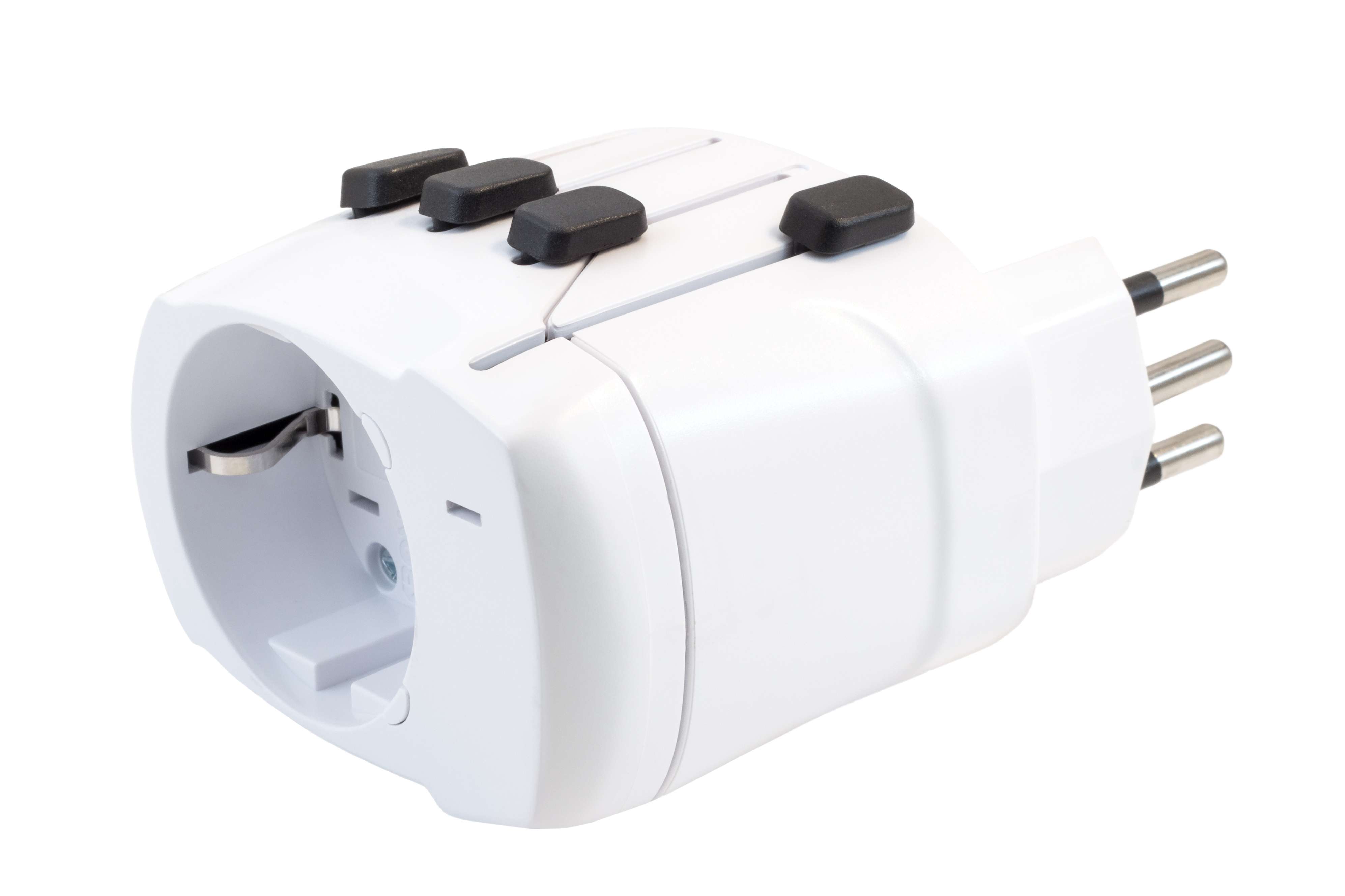

0 thoughts on “What Type Of Door Lock Do I Have”